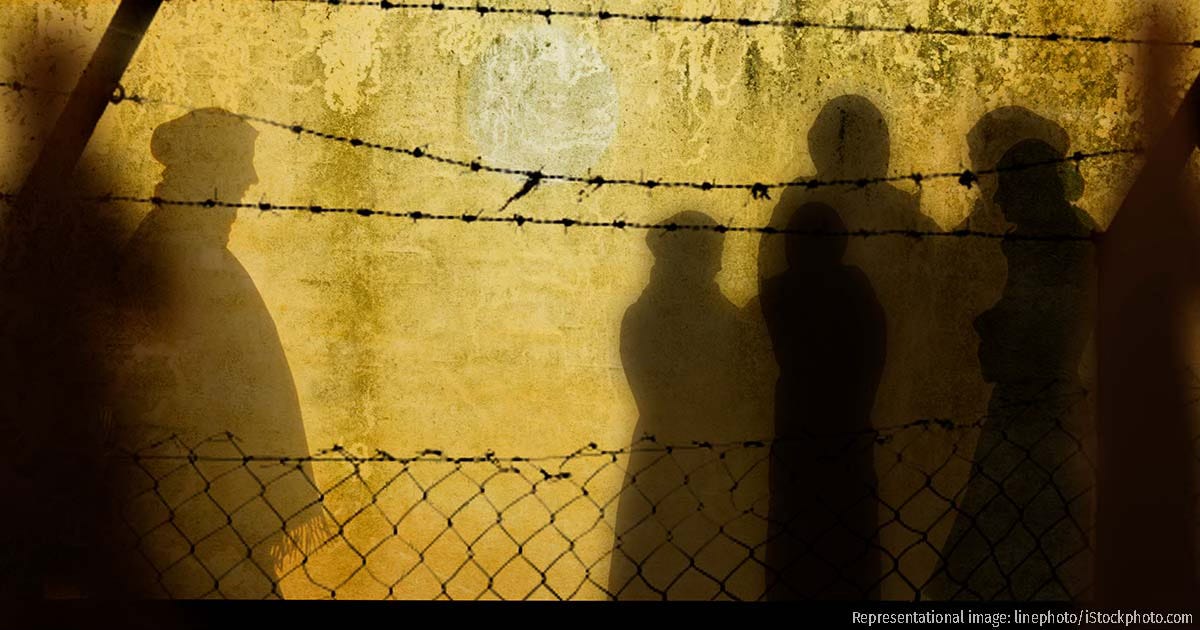No Country For Refugees
Also this week, India's worst Chandipura virus outbreak in two decades
MY colleague Shreehari Paliath has been consistently reporting on the plight of the Rohingya refugees in India—and with good reason, for nothing illustrates the State’s unconcern and casual cruelty towards those who seek refuge from persecution like the Rohingya story does.
Over the past couple of years, Shreehari has reported on how the lack of a clearly formulated legislation on asylum seekers prevents the Rohingya from finding jobs and being able to support themselves and their families; how this same lack of legislation has led to a situation where children are separated from their mothers, and how those who fled Myanmar’s ethnic violence live in constant fear of being deported back to the hellish conditions they were seeking refuge from. To further understand where the lacuna in legislation lies, he has interviewed human rights lawyer Nandita Haksar, who has spent decades fighting for rights for refugees.
Elsewhere, he has documented how limited access to healthcare impacts the lives of these refugees, and Rohingya refugees, and expanded on that theme by focusing on how living in purgatory has impacted their mental health.
This focus on the Rohingya is merited because, as the British ambassador to the United Nations once said, “how a society treats its most vulnerable is always the measure of its humanity”. And there is none so vulnerable as a human being who, facing persecution and even death, flees to a land that he sees as a shelter, a refuge, a beacon of peace.
The Rape Was Just The Beginning
This week, Shreehari shifts from the general to the particular. Specifically, to the story of a Rohingya teen who fled from Myanmar, and was arrested and imprisoned in India as an illegal alien. She was released after three months—and, on the very day of her release, was allegedly raped by the seeming good Samaritan who had helped organise her release.
That was merely the beginning of her problems. She found herself pregnant from the rape; a marriage that had been arranged for her fell through as a result, and from there she descended into a legal and procedural nightmare of Kafkaesque proportions.
Ignorance exacerbates encephalitis
Another IndiaSpend preoccupation is all matters relating to health—because health directly correlates to the fiscal, and societal, well-being of the nation. That is why our site devotes an entire section to all matters relating to health, with sub-sections (see the top navigation bar) on Covid, on maternal and infant health, TB and other infectious diseases, nutritional deficiencies and their consequences, etc.
As part of our ongoing focus on all things health, Charu Bahri focuses this week on an encephalitis outbreak in the western state of Gujarat, which has caused 101 recorded deaths out of 164 recorded cases, and which is being rated the worst outbreak in two decades.
Encephalitis is an inflammation of the brain, caused by a virus that is transmitted by mosquitoes, ticks, and sandflies. One part of the problem is diagnosis. The disease, in common with other vector-borne diseases, presents as fever, headache, diarrhoea, etc., which are often diagnosed and treated as diseases in themselves, rather than as indicative of a larger, and more dangerous, malaise.
Add to this low community awareness of the problem, which results in parents—particularly among the poorer segments of the population—being unaware that the fever their child is presenting is indicative of a virulent disease. Add, too, the fact that in smaller towns and villages, there is a critical lack of skilled medical practitioners trained to diagnose and treat a disease whose main characteristic is that it is fulminant—that is, that it progresses rapidly in those affected.
In her deep dive, Charu also sheds light on a contributory factor: climate change, which manifests as higher temperatures, excessive rainfall and humidity, all conducive to the rapid proliferation of vectors.
To solve a problem, you first have to understand it in all its complexities—and that is what Charu Bahri seeks to do in this story.
Have a good week; see you next Saturday with more.




